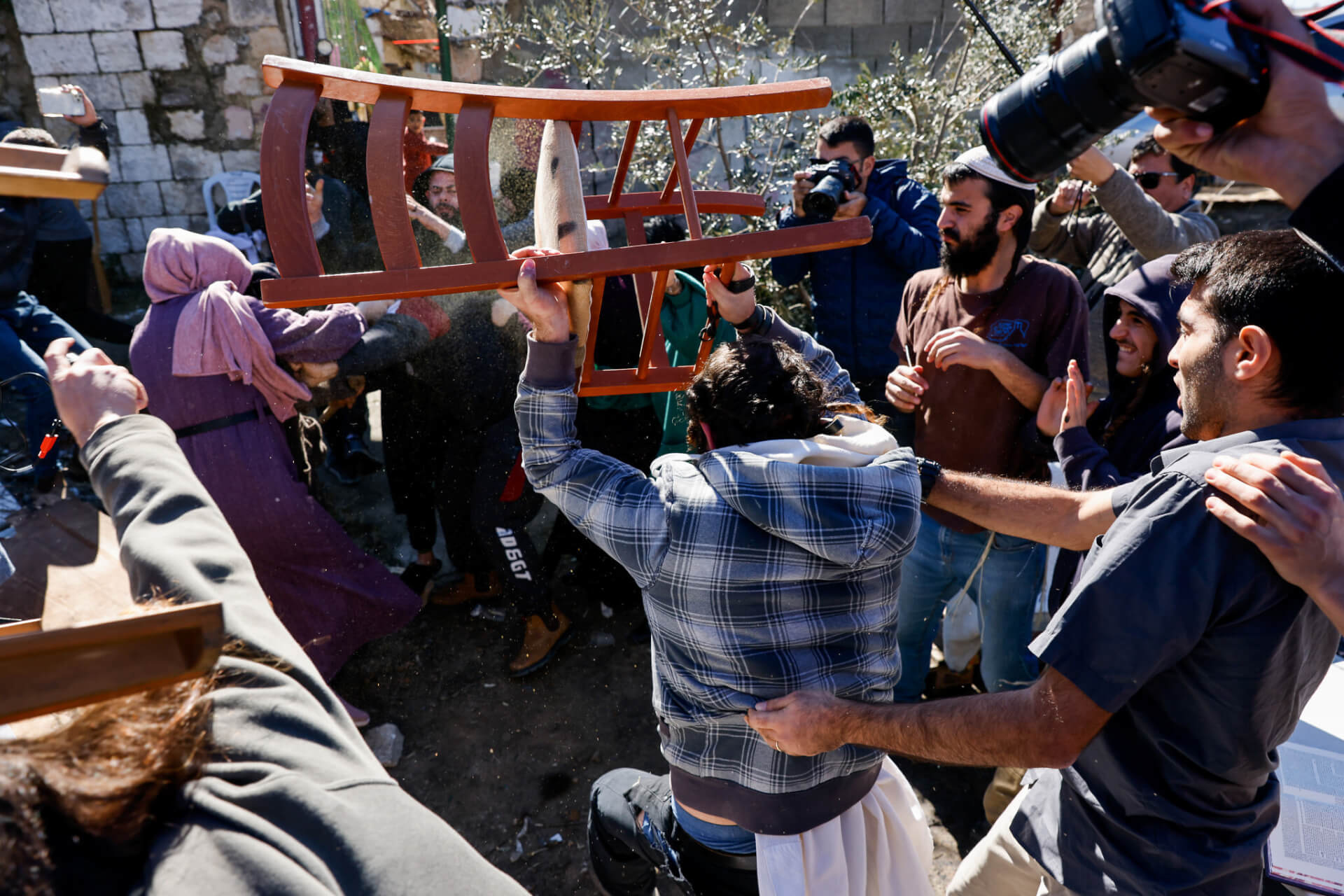Israel’s Supreme Court on Tuesday ruled in favour of the Palestinian families living in the contested Sheikh Jarrah neighbourhood in East Jerusalem. The Court said that the families can continue to live in the neighbourhood until a final decision regarding the ownership of the land is reached.
The Court accepted the appeal of the Palestinians and said that they can live at their homes in the neighbourhood for reduced rents. This rent is to be paid to the settler group that claims ownership of the neighbourhood. Israeli courts have previously ruled that the legal ownership of Sheikh Jarrah lies with the settlers for now and that the families living in the neighbourhood must pay rent to the settlers. Palestinians have challenged this claim and argue that they are the real owners of the land.
One of the lawyers for the Palestinian families called the ruling “an incredible legal victory.” “They accepted our main claim that the issue of ownership of the houses has not been decided and should be decided in settlement proceedings,” the lawyer said, adding that as long as it remains undecided “Palestinian residents should be left to live in their houses.”
The verdict runs counter to 63 previous rulings by Israeli courts, which ruled in favour of the settlers. In November last year, Palestinian families in Sheikh Jarrah rejected a deal proposed by the Supreme Court, with Israeli settlers to delay the eviction and accept temporary ownership of their homes.
Moreover, in January, Israeli police arrested over a dozen people and evicted a Palestinian family from their house, which was later demolished, prompting widespread international criticism, including from the United States and the European Union.
NOW: Israel's Supreme Court ruled in case of Palestinian families facing eviction in #Sheikhjarrah who had rejected "compromise deal" last summer. Judges accept family claim that ownership over property still not final and they can stay for reduced rent until final decision made.
— Mairav Zonszein מרב זונשיין (@MairavZ) March 1, 2022
The Sheikh Jarrah dispute dates back to the 1940s, before the creation of Israel. The Israeli organisation fighting for the eviction—Nahalot Shimon—argues that the Palestinian homes in Sheikh Jarrah were built on land owned by Jews before the 1948 War of Independence. Following the war, the disputed area came under the control of Jordan, which leased the land to the families.
Israel recaptured the area following the 1967 Arab-Israeli war and transferred all properties, including the homes in Sheikh Jarrah, to the Israeli government. Furthermore, in 1970, Israel passed a law declaring the return of the land to its original owners, resulting in decades of legal disputes with the Palestinian families residing in Sheikh Jarrah.
Palestinians living in the area reject these claims, saying that their families have been living in Sheikh Jarrah for generations. Facing the risk of eviction, they have frequently resorted to protests, leading to confrontations with Israeli settlers and the police.
In May, tensions escalated rapidly when both sides engaged in violent physical confrontations. Palestinians were further angered when right-wing Kahanist lawmaker Ben-Gvir set up an office near the neighbourhood on Thursday as the community was observing Iftar rituals.
The clashes soon spread to the West Bank and holy Islamic sites in Jerusalem and saw the involvement of Israeli security forces, who used force against the protesters and even raided the Al-Aqsa mosque compound, injuring over 200 Palestinians.
The violence in Sheikh Jarrah was one of the key flashpoints that led to a brutal 11-day conflict between Israel and Hamas in Gaza. The fighting saw militants in Gaza launch more than 4,000 rockets at Israel that killed 12 people. Israel responded by launching airstrikes that killed more than 200 Palestinians, including over 60 children.

